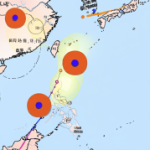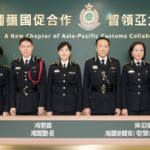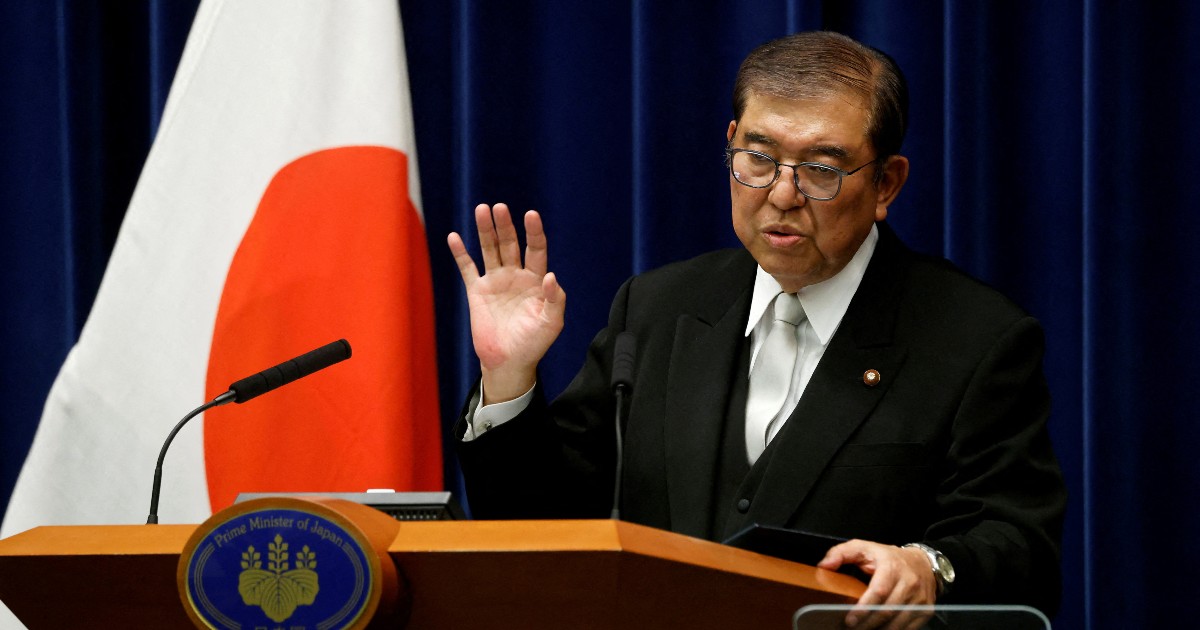The user wants a detailed analysis and professional report of over 1000 characters based on the provided search query “國際財經 – 日美關稅談判 石破茂:不能為追求速度損國家利益”.
The report should be in traditional Chinese, engaging, well-structured with subheadings, incorporate factual information from the search results, and avoid jargon and direct greetings.
The tone should be insightful and evocative.
Plan:
* Engaging opening to capture reader interest.
* Subheadings for logical flow (e.g., Setting the Stage, Ishiba’s Warning, The Stakes Involved, Beyond Tariffs, Looking Ahead).
* Incorporate details from the search results, explaining the significance of Ishiba’s remarks.
* Discuss the balance between negotiation speed and national interests.
* Concluding section summarizing the key points and offering a final thought.
Search query breakdown:
- 國際財經 (International Finance/Economy) – Context: economic news.
- 日美關稅談判 (Japan-US Tariff Negotiations) – Core topic.
- 石破茂 (Shigeru Ishiba) – Key figure expressing an opinion.
- 不能為追求速度損國家利益 (Cannot sacrifice national interest for speed) – Ishiba’s main point.
Expected content from search results:
- Details about the specific trade/tariff negotiations between Japan and the US.
- Context of when and where Ishiba made this statement.
- Ishiba’s position (likely critical of rushing the deal).
- Potential areas of negotiation (agriculture, auto tariffs, etc.).











